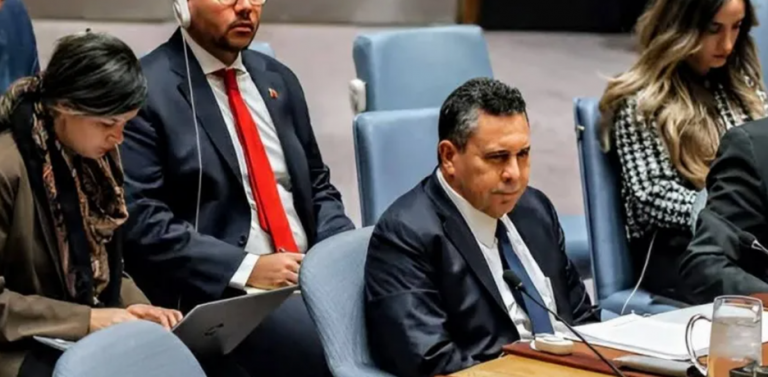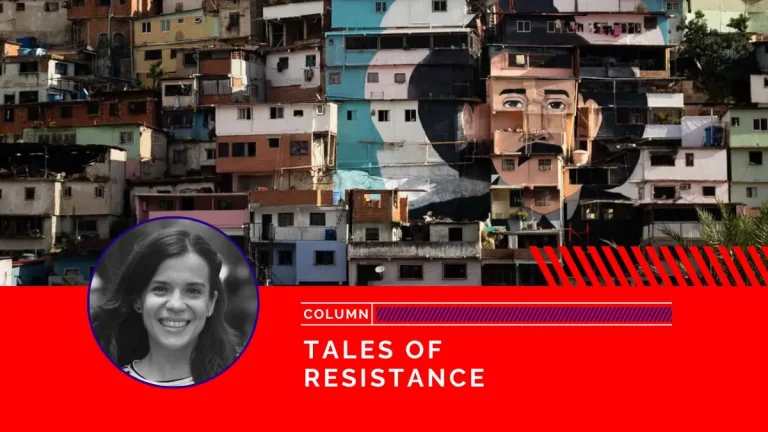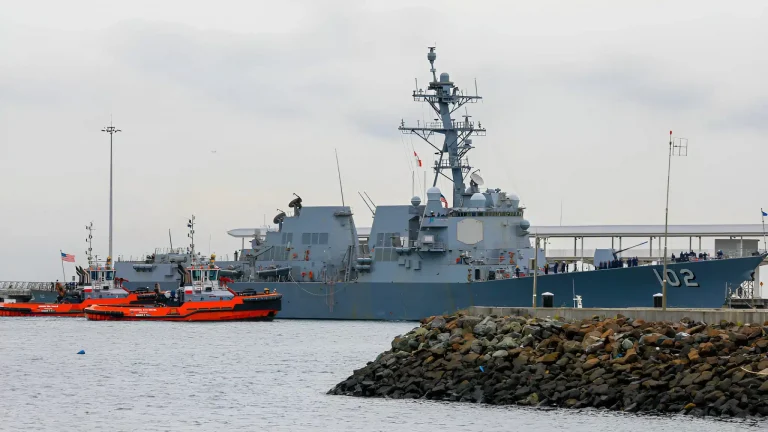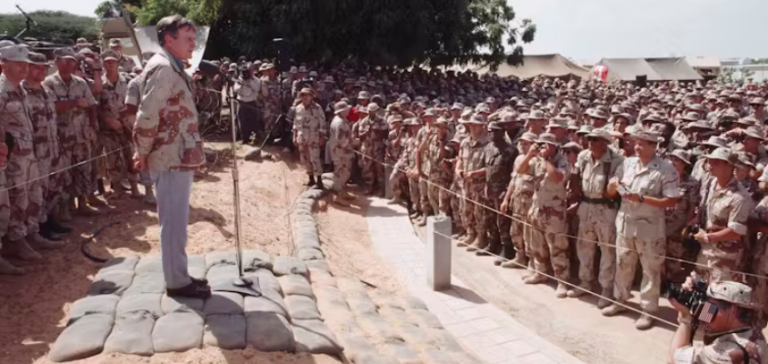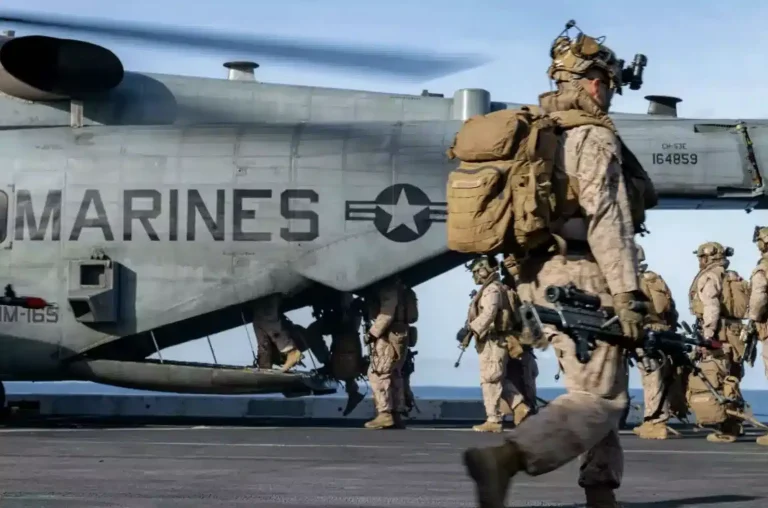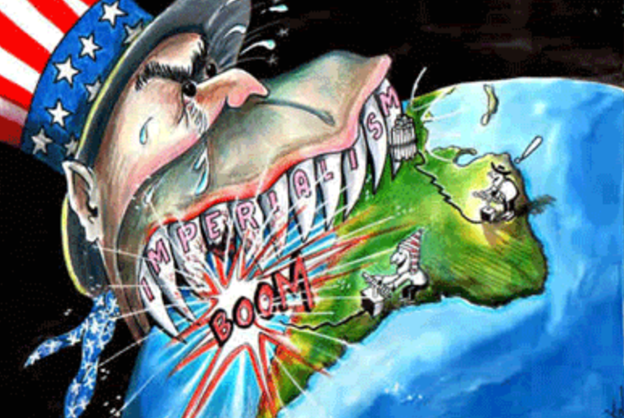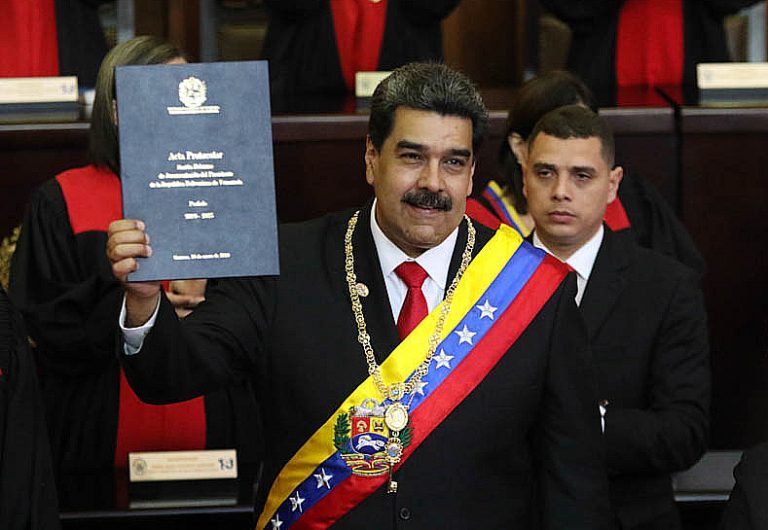At UN, Venezuela Accuses US Of Oil Theft, Colonial Blockade
Tuesday, during an emergency United Nations Security Council (UNSC) meeting, Venezuela condemned what it called the “confession of a crime of aggression” by the United States. Ambassador Samuel Moncada detailed US crimes in region, including a declared naval blockade of Venezuela, the theft of four million barrels of Venezuelan oil, and electronic warfare in Venezuelan airspace, all of which constitute violations of international law and threats to peace.
Venezuela noted that on December 16, US President Donald Trump publicly declared the following: “Today, I am ordering a total and complete blockade of all sanctioned oil tankers entering and leaving Venezuela.”

